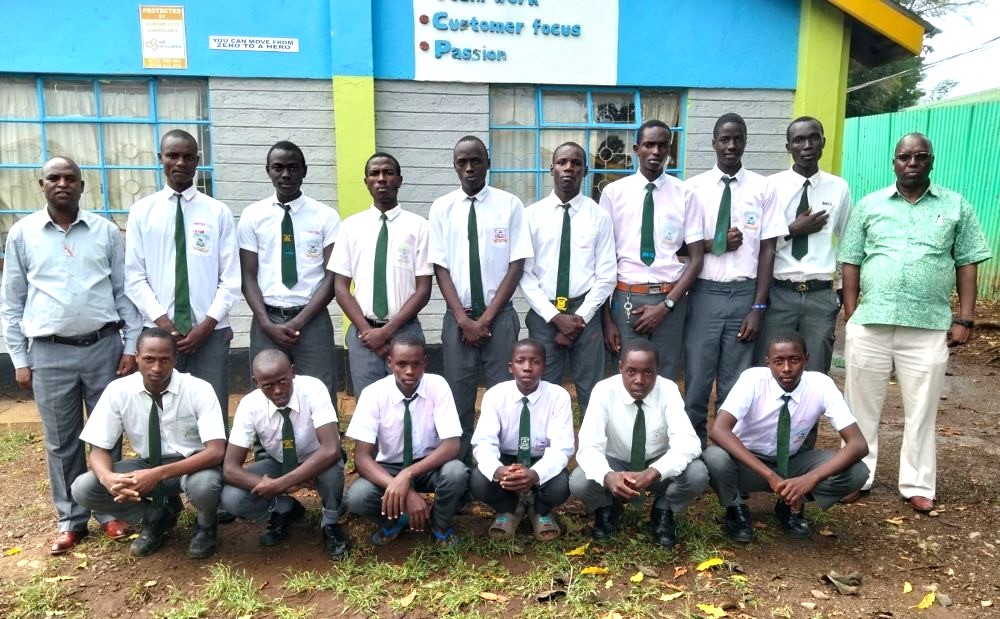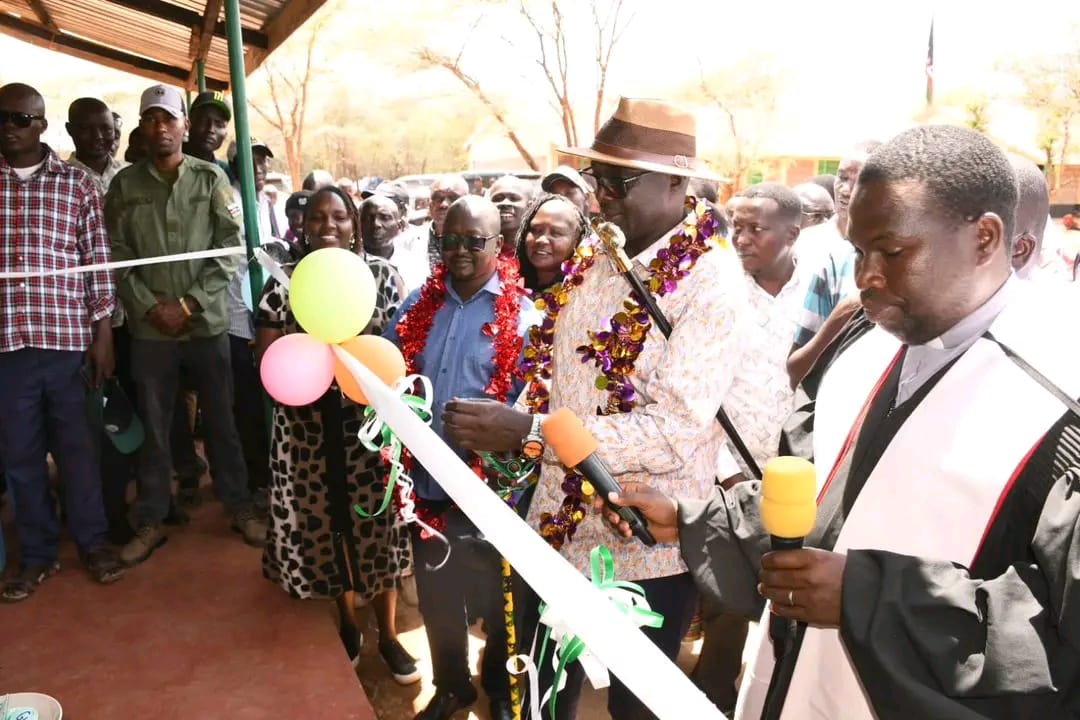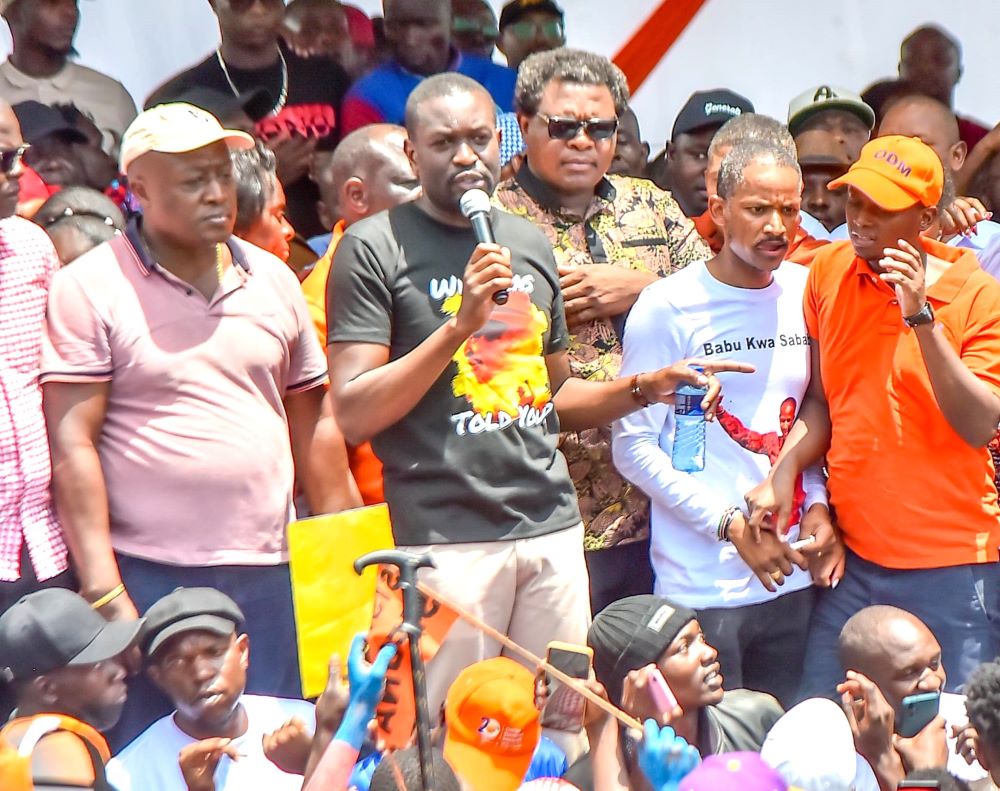Most of the teachers who taught me were untrained. They did not have formal diplomas or professional teaching certificates. They didn’t attend teacher training colleges, and many had not gone beyond primary or secondary school themselves. But they brought something else into the classroom—something far more powerful than credentials. They brought passion, sacrifice, and an unwavering belief in the transformative power of education.
During the 1970s, 80s, and early 90s, especially in rural communities, schools often operated without enough qualified teachers. The education system leaned heavily on untrained individuals who were willing to step in and fill the gap. These were men and women who did not seek recognition or financial reward. They simply cared—about children, about learning, and about the future.
I remember them with clarity and deep respect. They came to school long before sunrise, often walking miles on foot. Many arrived without proper clothing, some without shoes. Others wore Akala shoes, fashioned from old car tyres—ingenious, durable, and symbolic of the hardships they endured. Despite the cold, hunger, or exhaustion, they showed up.
In those dark mornings, they lit their way—and their classrooms—with kerosene lanterns. Long before the sun rose, their lanterns glowed in the silence of dawn, preparing dusty, under-resourced classrooms for another day of learning. That image has stayed with me: the teacher, with dust on their feet, a flickering lantern in hand, and a heart full of hope. They were the light in our darkness.
Their classrooms had little to offer in terms of material. Broken desks, worn-out blackboards, and a lack of textbooks were common. But those teachers never let that stop them. They taught with what they had—chalk, slates, sticks in the sand, and sheer determination. They used songs, storytelling, drama, and locally available materials to explain complex concepts. They improvised. They adapted. And somehow, they made learning real.
ALSO READ:
Gov’t urged to tap kids’ talents early to shape youth future
Despite the lack of formal pedagogical training, their lessons were effective. Their methods were rooted in instinct, experience, and genuine connection. They didn’t teach from a script or stick to rigid curricula. They taught us what mattered—how to read, how to think, how to behave, and how to believe in ourselves. Through their effort and empathy, we started to see possibilities beyond our villages and our circumstances.
They were far more than educators. They were role models, disciplinarians, counselors, and sometimes even substitute parents. They taught us to be respectful, to endure hardship, and to work hard. They modeled humility, resilience, and selflessness. Their impact extended far beyond the classroom.
Many of them taught on empty stomachs. Some came to school sick. Others spent their own meager earnings to help a child in need. They received little recognition, yet gave everything they had—physically, emotionally, and spiritually.
So much of who I am today is because of them. I owe them more than words can express. They gave without expecting anything in return. Day after day, they showed up. In torn shirts. With calloused hands. Akala shoes worn thin. Lanterns burning low. But their spirits remained unshaken. Their hearts were full.
Yes, trained teachers are essential. Modern education needs professionals who understand child development, curriculum design, and assessment methods. But the untrained teachers I knew possessed something equally vital: a raw, relentless passion for teaching and a deep desire to uplift their communities. They educated not just with their minds, but with their hearts.
ALSO READ:
Why it would be unfair to punish school heads for submission of inaccurate data to MoE
This tribute is for them.
For the barefoot teacher who walked miles each morning.
For the one who taught by lantern light.
For the one who shared their only lunch with a hungry child.
For the teacher whose name history may never record—but who changed the course of many lives.
They were not just teachers. They were light-bearers, nation-builders, heroes in silence.
Today, their legacy must not be forgotten. In fact, it should inspire. Today’s educators—whether trained or untrained—can still learn from their example. To teach with compassion. To lead with humility. To
serve with integrity. Because ultimately, the most powerful tool a teacher has is not a certificate, but care.
What truly changes lives is not just what we teach—but how and why we teach. That is what they taught us. Not just through their words, but through their lives.
They may have faded into obscurity. Many of them have passed on. Others are living in quiet retirement, unknown and uncelebrated. But to those of us they taught, their sacrifice lives on.
The best of them were the P4s, P3s, P2s, and the few P1s—teachers who stood tall despite being labeled by their grade. Once the backbone of our education system, they are now too often overlooked or forgotten. But we remember. We must remember.
By Hillary Muhalya
You can also follow our social media pages on Twitter: Education News KE and Facebook: Education News Newspaper for timely updates.
>>> Click here to stay up-to-date with trending regional stories
>>> Click here to read more informed opinions on the country’s education landscape






